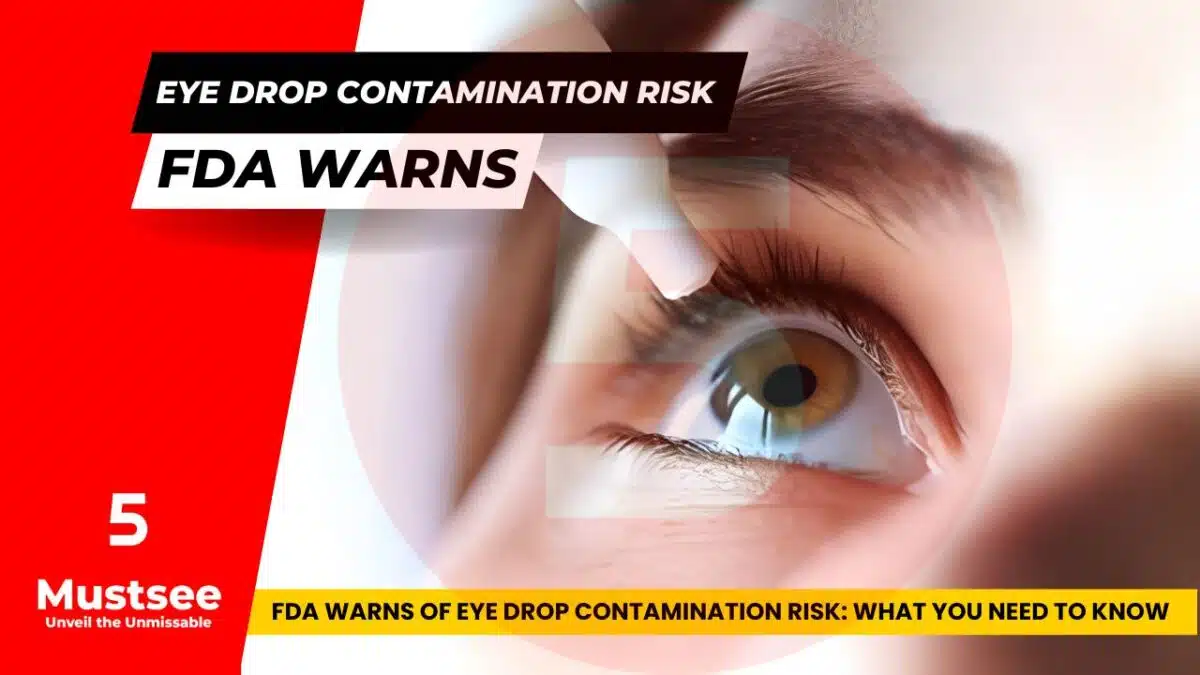Recent research highlights the concerning trend of young adults engaging in risky sun exposure behaviors due to misconceptions about sun protection, ultimately increasing their susceptibility to potentially fatal skin cancer.
Statistics reveal that 32% of adults perceive a tan as a sign of improved appearance and health, a belief that encourages hazardous sun-related activities.
In a surprising finding, nearly one-fourth of adults (23%) falsely assume that consuming water and maintaining hydration levels can prevent sunburn.
Moreover, 14% of individuals below the age of 35 mistakenly believe that daily sunscreen use is more harmful to the skin than direct exposure to sunlight.
The survey, conducted by the Orlando Health Cancer Institute and involving over 1,000 American adults, shed light on these misconceptions.
Oncology surgeon Dr. Rajesh Nair from the Orlando Health Cancer Institute emphasizes that the notion of a healthy tan is a misconception, as tanning primarily signifies skin damage.
Dr. Nair stated, “There is no scientific evidence suggesting that water intake offers protection against UV radiation. In contrast, sunscreen usage significantly outweighs any potential risks. Opting for mineral sunscreens like zinc oxide and clothing with SPF protection is advised for safety.”
He also highlighted the challenge of differentiating between accurate and misleading information amidst the abundant online sources.
Health experts recommend using sunscreen with a minimum Sun Protection Factor (SPF) of 30, reapplying it every two hours, especially during sweating or water activities. Additionally, regular skin cancer screenings with healthcare professionals are crucial for early detection and management.
This article was originally published by Talker News
Click here for the original article






